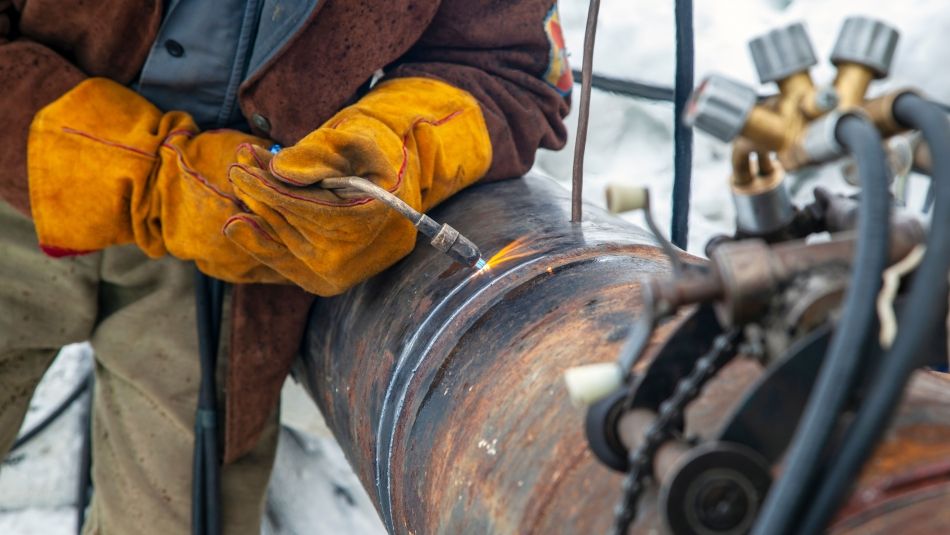
Share
The Honourable Jonathan Wilkinson, P.C., M.P.
Minister of Energy and Natural Resources
Minister Wilkinson,
On behalf of Unifor, Canada’s largest private sector union representing 315,000 members in every sector of the economy, including nearly 15,000 members working in oil and gas extraction, natural gas distribution, electric utilities, nuclear energy, and petroleum refineries, I am writing with recommendations to support the reduction of methane leakage.
Unifor has long highlighted that methane leakage is an issue that affects all gas, pipeline, storage, midstream and end use companies.
As workers in these industries, we see first-hand the impact underinvestment in leak detection and mitigation has had on the environment, but also on trust in this industry's commitment to being part of the climate solution.
Unifor members want our industry to do its part to reduce supply chain emissions. We feel workers are an essential part of any real solution to reducing the energy sector's impact on the climate.
Upgrades to the sector's infrastructure to reduce emissions from production and transport of natural gas and other products requires workers who know the industry, can do the work effectively, and can expose areas of under-investment. Such jobs are climate jobs, and those workers must be adequately compensated, trained and certified, and protected through a union contract.
Unifor has the following general recommendations to support the reduction of methane leakage:
- Convene a meeting with companies along the gas supply chain and their unions to establish and share best practices of reducing methane leaks along the supply chain.
- The government should instruct NRCan and National Research Council to assist in the deployment of established technology and the development of new technology in identifying and limiting leaks along the gas supply chain. This information should be shared across the sector to identify, measure, and reduce leaks. Independently verified real reductions will build public support for these investments.
- New regulations enforcing reduced emissions should be twinned with federal and provincial support for all sizes of companies that shall increase their investment in leak mitigation technology, hiring union workers, and training workers to do this work.
- The government should seek to include union representatives of gas supply chain workers in development and refining these regulations. Unions and their environment committees play an essential role in holding companies accountable and ensure these climate-related jobs are good jobs. Support for independent evaluation through unions can help establish and enforce best practices for reducing emissions.
Thank you for your careful consideration of these recommendations. Representatives from Unifor are available to meet with you at your convenience to engage in further discussions.
Sincerely,
Lana Payne
National President


